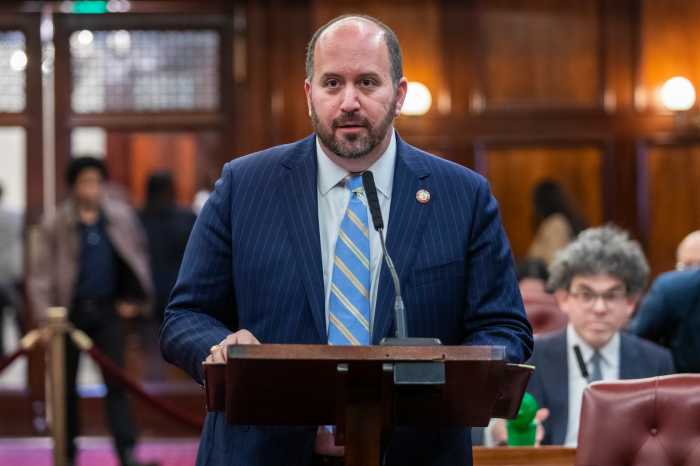Anti-trans health provisions were removed from President Donald Trump’s “big, beautiful bill” before it was finalized and signed into law on Independence Day.
Republican Senator John Cornyn of Texas had announced on June 16 that the massive bill would include his own legislation, dubbed the Stop Funding Genital Mutilation Act, which would bar federal funding from Medicaid and Children’s Health Insurance Program from being used for gender-affirming care at any age.
According to the Washington Blade, however, Senate Parliamentarian Elizabeth MacDonough ruled that such a ban would violate the Byrd Rule, which stipulates that reconciliation bills must focus on the budget.
While regular bills require 60 votes to overcome the Senate filibuster, reconciliation bills can be approved with a simple majority of votes in the upper chamber.
The wide-ranging law, which the Congressional Budget Office said would add more than $3 trillion to the national debt, still features significant cuts to areas such as the Supplemental Nutrition Assistance Program (SNAP), which will have an impact on LGBTQ people and their families.
A report published by the Williams Institute of UCLA found that nearly 15% of LGBTQ adults — roughly 2.1 million people, including 250,000 trans individuals — received SNAP in the last year, which is a higher rate than the 11% of non-LGBTQ people who received SNAP. Moreover, 69% of LGBTQ adults receiving SNAP had a household income of less than $35,000, with two-thirds living with a disability. About half of those LGBTQ adults had a child under 18 in their household in the last year.
According to the Congressional Budget Office, about 16 million people could be without health insurance by 2034 thanks to the legislation’s cuts to Medicaid and changes to the Affordable Care Act’s marketplace. Medicaid changes are slated to take effect in 2028, though Medicaid work requirements are slated to begin by the end of next year.





































